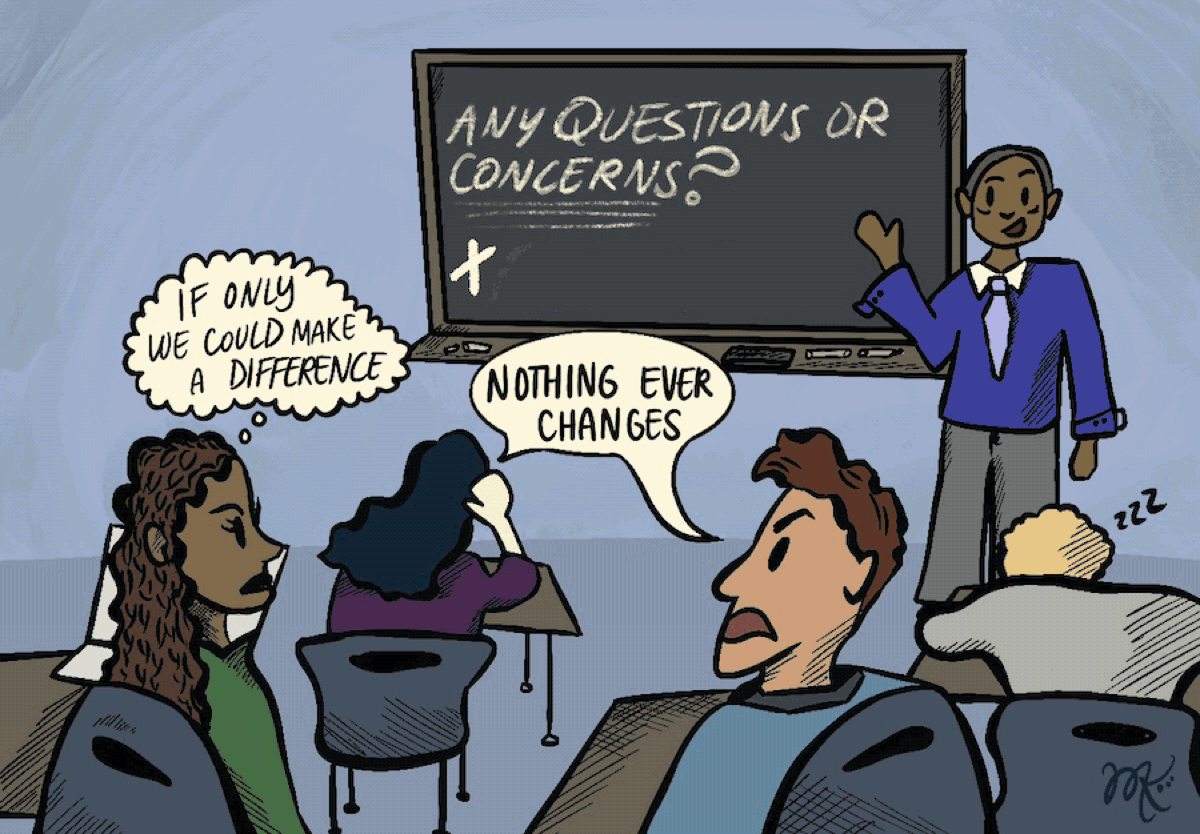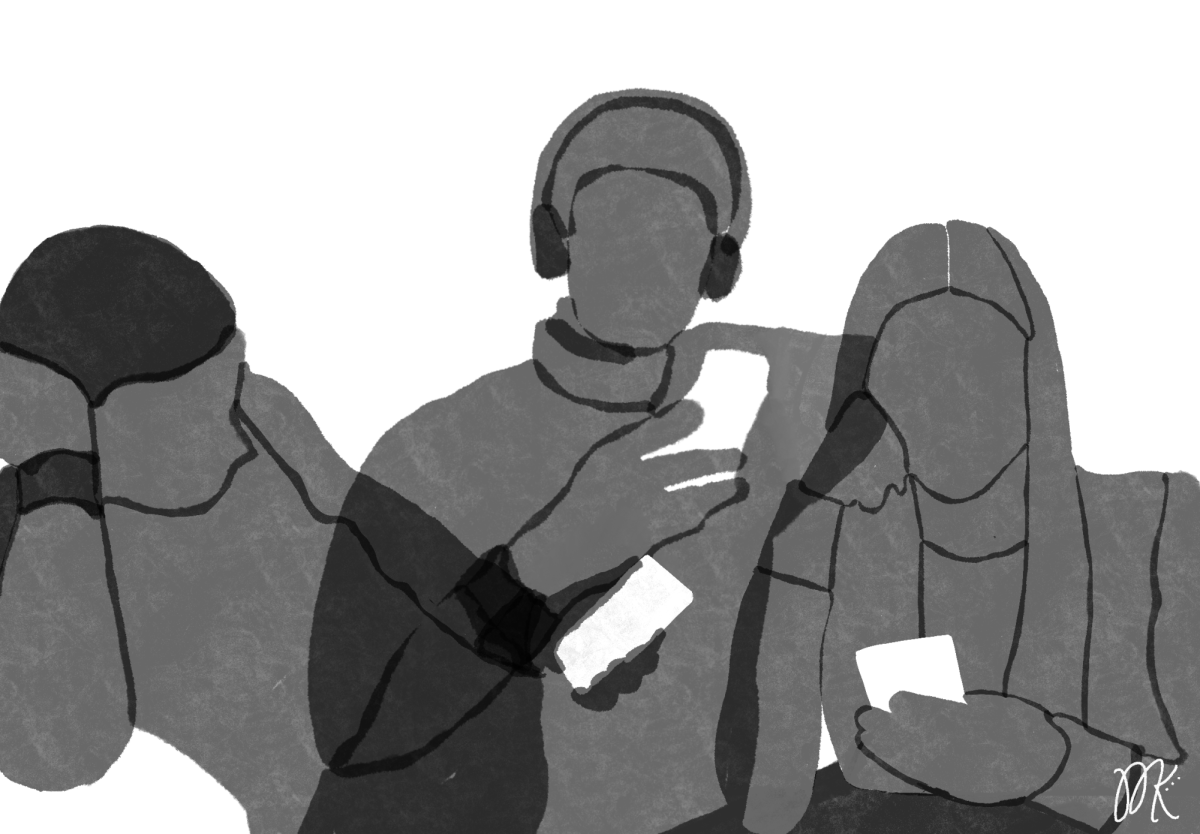Scrolling through an extensive social media page, another clickbait ‘news article’ pops up on your feed, blocking any content that could be genuinely useful. You sigh and close off, yet another media company begs your fingers for a tap.
With the rise of the internet, news consumption is at an all-time high. According to Pew Research Center, this is partly due to the presence of large corporate conglomerates driven by profit. As news consumption has reached an all-time high, it is ironic that most tend to look down on journalism as a credible way to consume information.
But why do people not trust media companies anymore? According to a 2020 poll by Pew Research Center, people are more prone to seeing news media in a negative light.
Most major cable news networks are owned by larger media corporations, which focus on maintaining loyal audiences, and acquiring new ones, in hopes of boosting revenue. Their primary source of income comes from buying out multiple companies, monopolizing the industry and selling a product. Their focus is not to entice viewers and readers with high quality content and information that is unbiased and factually accurate.
The University of Rochester reports news media from large news organizations such as CNN and Fox News have had a growing bias when covering issues, giving other forms of news media a bad reputation. Consequently, public perception of journalism has shifted and the bias on ‘trusted’ news sources is becoming more recurrent.
News channels driven by profit also tend to appeal to what their audiences support. These channels tend to cover political ideologies from the side their viewers would want to hear rather than full and unbiased news. This phenomenon is partisan bias, and exists in practically all large corporate news channels today. Partisan media can radically shape views, and according to a report from Yale University, create divisive issues that change depending on what channel someone might watch.
News channels do this through the deliberate censorship of news. Many news channels choose to not cover certain events, or only cover the parts that paint a certain image. During the 2021 impeachment of Donald Trump, news outlets used different rhetorical devices in describing the impeachment, almost as if describing two completely different cases. On CNN, the trial was described as “powerful” and “stellar,” while Fox News described it as “irrational” and “asinine.”
With political bias appearing in the media, many take concern with news being used as a weapon to spread misinformation, as shown in a poll by Pew Research Center in 2020. On average, people consume more news from sources like TV channels and social media than from newspapers, which presents a variety of problems. With the rise of social media as a platform for news, misinformation is as prevalent as ever, and people are beginning to take notice.
It was reported that fake news travels much faster than factual stories on X, one of the most popular social media platforms. A high reliance on social media for news, combined with an accelerating spread of misinformation is, according to Reuters, what has led the public to have record-breaking levels of low trust in the media.
People who grow distrustful in the media do not see journalistic sources as honest. Society will either refuse to be informed or consume media from sources that are not credible, which will lead to more people being ill informed about issues. In a democratic society based on people’s opinions, an informed vote matters. Misinformation can be easily used to manipulate public opinion, influencing votes that could range from electing a city council member to electing the next president, affecting everything from our local communities to our entire nation’s future.
Factually flawed media prevents people from forming their own, unique opinions on issues by preventing them from viewing these issues through a neutral lens. By conforming to the one-sided stories presented by news, people subconsciously submit to what that group thinks, unwilling to dig deeper to distinguish the basis of the news and choosing to agree with the mass.
In order for people to overcome bias in media, there needs to be a variety in the media they consume. Diversify where you get your information from and form your own opinions instead of solely relying on a single media outlet. When you see an article that misrepresents news that should be objective, reach out to the outlet through email, or inform others of the bias. News media is supposed to be a source of objective information, not a platform to spread political ideals.
As prevalent as bias is to news, it overshadows the journalists that aim to provide ethical reporting and unbiased perspectives. Although many say reliable sources lack transparency in news, it does not make journalism and media as a whole prejudiced and discriminatory. As a society, finding diversity in our news outlet also means appreciating the good storytelling and perspective oriented organizations, not highlighting only the wrongs in journalistic media.
Finding the threshold between what news sounds the best, versus what brings the raw truth will allow us as a society to dig deeper into the media than just the bias, finding trusted media rather than supporting fake news.














